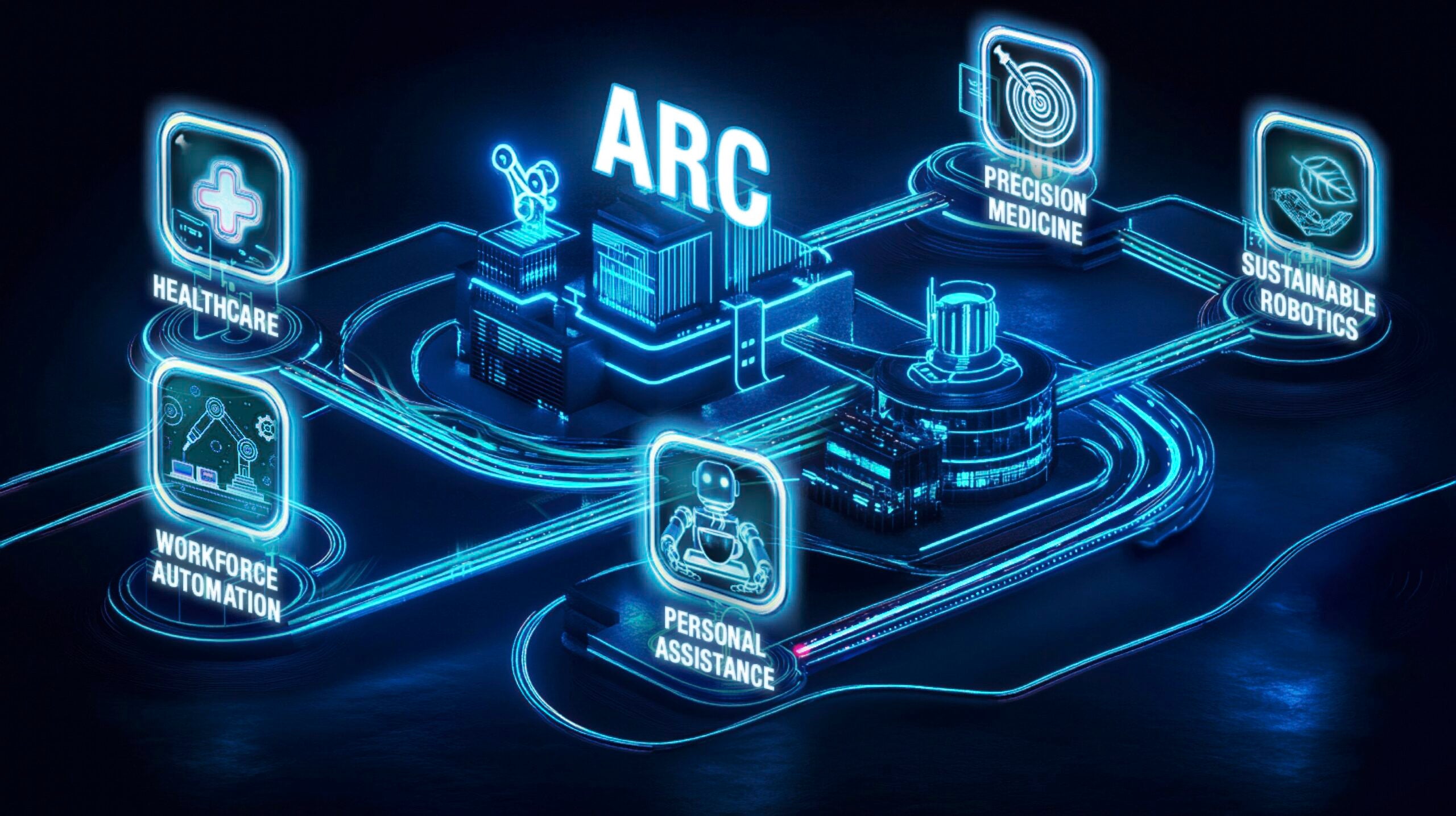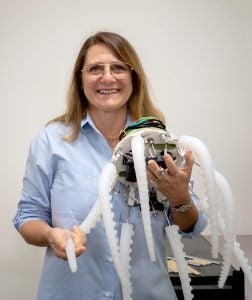Advancing the Frontiers of Robotics


Dear everyone
Earlier this year, I was honoured to be appointed as the Director of the Advanced Robotics Centre (ARC). Established in 2012 as a key initiative within the Faculty of Engineering and the School of Computer Science, ARC has promoted cutting-edge robotics research and nurtured young talent in the field.
Much of its success can be attributed to the guidance of Professor Marcelo Ang, who had played a vital role in its achievements as Director, and who continues to be an invaluable part of ARC’s research faculty.
Dear everyone
Earlier this year, I was honoured to be appointed as the Director of the Advanced Robotics Centre (ARC). Established in 2012 as a key initiative within the Faculty of Engineering and the School of Computer Science, ARC has promoted cutting-edge robotics research and nurtured young talent in the field.
Much of its success can be attributed to the guidance of Professor Marcelo Ang, who had played a vital role in its achievements as Director, and who continues to be an invaluable part of ARC’s research faculty.
Robotics has become an integral part of our world, transforming the way we work, live and solve problems. Robotics involves multiple disciplines. You’ll find experts across engineering, computing, neuroscience, social sciences and humanities, just to name a few, and all play vital roles. But collaborative potential can be further improved by stringing all these fields together, creating a critical mass of researchers that can take robotics to new frontiers.
We at ARC are keen on involving social sciences, as robotics intersects with pertinent areas like law and public policy. We are acutely aware of the importance of considering societal impact from the get-go so that we have a more inclusive foundation to begin with. One thing that really drives our work is that both the Singapore government and the public are notably receptive to emerging technologies, including robotics, as they recognise its potential to address workforce needs and encourage innovation.
The NUS Grand Challenge on Robotics Science and Engineering was launched in February 2024 to invite concept papers presenting innovative research ideas in this field. Following a series of workshops discussing those ideas and explore synergies, a Seed Grant Programme in Robotics has been launched to support collaborative projects.
Through a series of workshops conducted within the NUS community, we mapped the emerging research ideas into five key areas: healthcare, precision medicine, workforce automation, personal assistance and sustainable robotics.
From this comprehensive collective effort, we developed a strategic plan for research centred on collaboration. Teams consisting of at least three principal investigators will focus on multidisciplinary projects. ARC will support these teams by providing dedicated space and resources to facilitate collaboration under one roof.
As we look forward to the first projects start, we invite everyone in our community to stay tuned for the next calls.
If you are a roboticist, a scientist investigating robotics from diverse perspectives, or simply interested in robotics, please write to robotics@nus.edu.sg to be included in the ARC mailing list, if not yet there, and contribute to the discussion in this exciting field!
One area that I am very passionate about is green robotics. As robotics continues to grow, so does its environmental footprint — something that often goes under the radar. What can we do to minimise such impacts in robotics? We need to start weaving sustainable practices when the field is at its nascent stage.
This means designing robots to be as sustainable as possible. For example, robots that can biodegrade at the end of their lives and draw on renewable energy sources to operate, which reduces energy needs. This will be necessary as the technology scales. If we can make robots sustainable, imagine the possibilities — their influence could extend to broader fields, spurring more eco-friendly practices in technology as a whole. It’s both a challenge and an opportunity that I find incredibly exciting!
As we look forward to these exciting possibilities in the new year, and with hope for the future, I extend my best wishes for the festive season and the new year to you and your families on behalf of ARC.
Cecilia Laschi (Professor)
ARC Director


